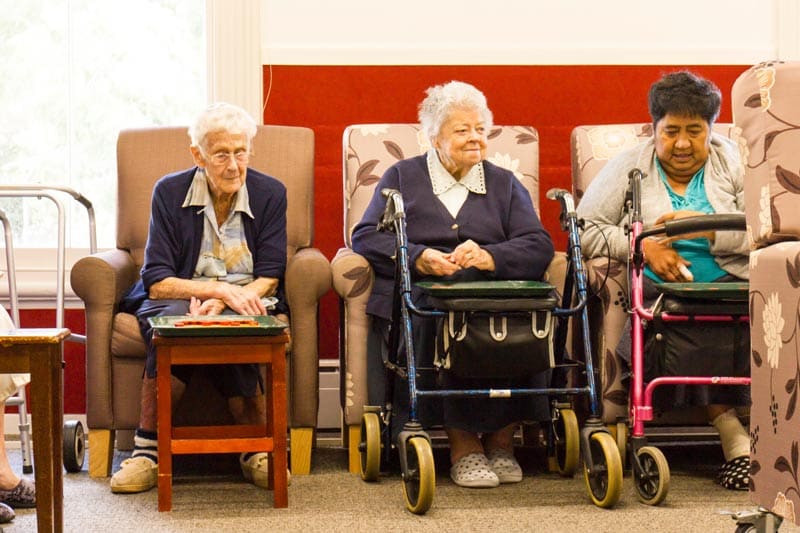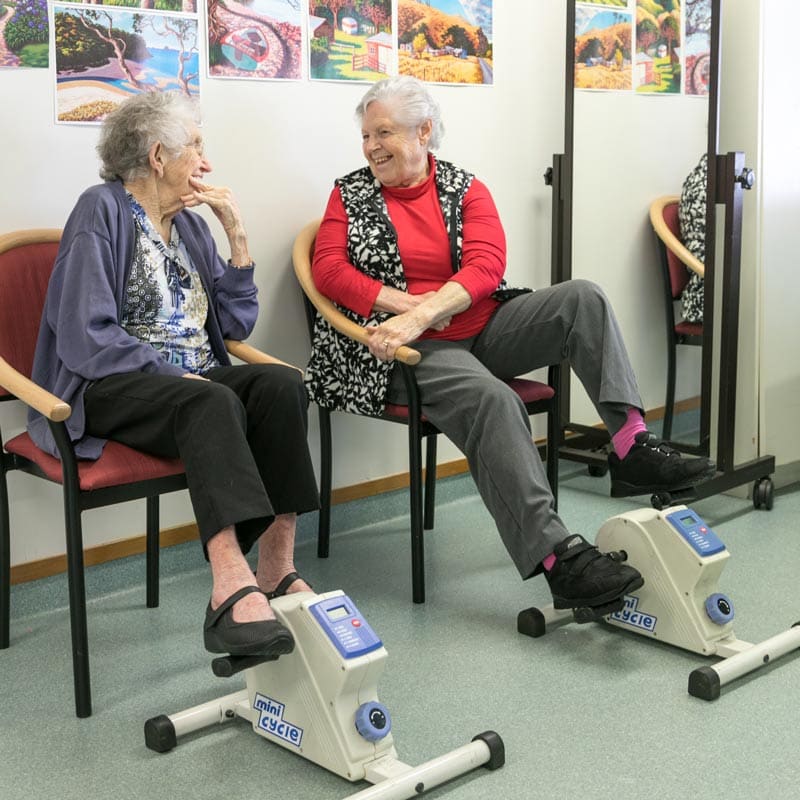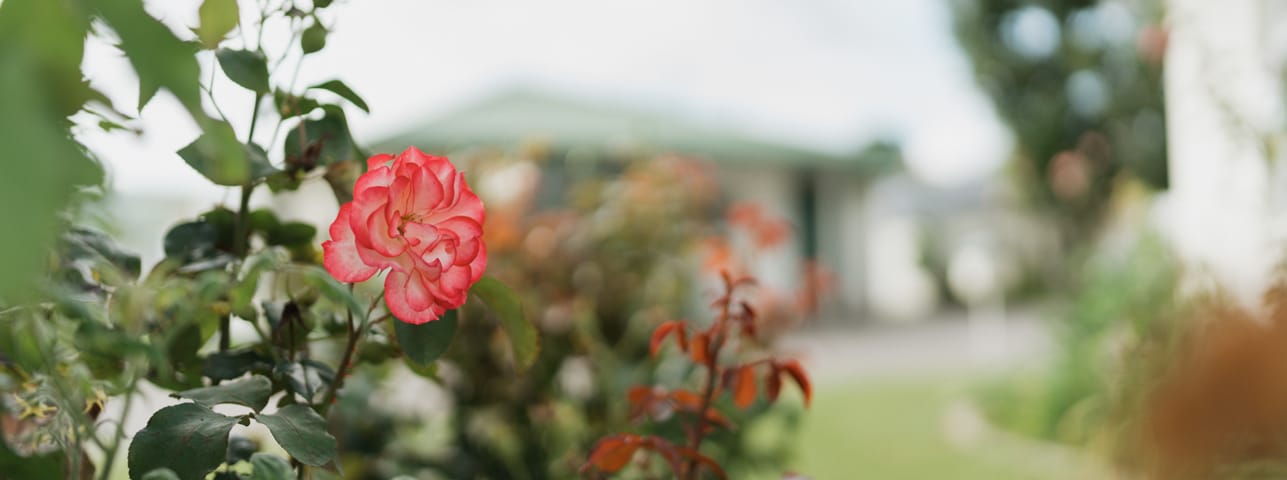The Danger Facing Our Elderly

Falls are one of the biggest health hazards for elderly people living at home or in aged care.
It sounds counter-indicative but, for many of New Zealand’s elderly people, the most dangerous room they inhabit is the bedroom.
That’s because the bedroom is the last frontier for guarding against one of the most perilous events faced by elderly folk: a fall.
Laurel Winwood is facility manager at Radius Care’s Taupaki Gables, west of Auckland, and says that in her 15-year career with Radius she has seen the aged care operator’s ability to reduce falls grow in number and efficiency.
Most would assume the bathroom as the most likely place for a fall but Winwood says, in Radius facilities, carers are present to help residents to and bathrooms have been specially equipped with handrails and other aids. Instead, it is the simple act of getting out of a chair or getting up from bed to go to the toilet that causes most falls.
“We take it so seriously – all Radius facilities have a falls reduction programme; it’s our business to reduce falls and they form part of our quality indicators that we report on every month and which we analyse to see if there are areas of the facility which are seeing more falls or times of day when most occur, for example.”
That degree of care is taken because falls are common in older people and can often hasten deaths as confidence and health plummet.
Falls are also often caused by multiple factors, not just because – as is often supposed – the elderly are simply infirm. Winwood says the following causes can promote a fall, whether that be of an elderly person living alone at home or in aged care:
- Medication – it can lower blood pressure and sometimes up to six different medications are taken at once.
- Dehydration – older people do not get as thirsty and sometimes medications can cause fluid loss.
- General aches and pains, particularly round knees and hips, and osteoporosis in women.
- Poor eyesight.
- Dementia and poor cognitive and functional recognition.
- Mini-strokes which can affect balance and other skills but which can go undetected.
- Hazards – elderly folk living alone at home have often accumulated much furniture and other potentially dangerous fall enablers, like rugs and ornaments.
- Misplaced confidence in beds – the edges can be soft and can promote falls.
- Outdoors hazards like a rocky path to the clothesline or moss on a path.
- Underlying health conditions, including dizziness and vertigo and fainting.
“Any fall is a red flag,” she says. “It can be caused by any one of those factors or a combination of them. If people fall, they usually go to hospital and if they’ve broken a hip or an arm, they can often go downhill quite quickly or they discover in hospital that they have other problems as a result of the fall trauma.
“Falls can also stem from underlying conditions like dementia. My own mother-in-law had a series of falls when she was living alone. They were triggered by dementia – and we hadn’t known; it was only discovered after the falls happened.”
The simple act of standing up lowers the blood pressure, says Winwood, causing many falls to occur. That’s why the bedroom is the most likely place for falls.
Radius’ fall reduction focus includes an exercise programme – where some are seated and some stand – to maintain the muscles and balance needed to avoid falls. They also identified the lounge as an area where a lot of falls were occurring, with residents lulled into a false sense of confidence; falls happening when they stood up.

So Radius has strategically placed carers in the lounges on rosters so they can see a potential problem developing or residents known to struggle a bit – and so residents can simply ask for help.
The bedroom, however, remains a potential fall zone as residents sometimes fall when getting out of a chair or out of bed.
“Residents have a bell they can ring – but a lot of the time they don’t, because they don’t want to bother us,” says Winwood. “They want to be independent. So we’ve installed alarm mats which trigger an alarm when the resident moves onto the mat – just so we can poke our heads in and see whether they need help or not.”
If alarm mats aren’t suitable, Radius also installs sensors to do the same thing. Furniture in the bedroom is all New Zealand-made and fitted to the specifications of a resident, so that a chair or bed is the right height for them and they don’t have to struggle to get up, promoting a fall.
Many other steps are taken to guard against falls. Residents blood pressure and weight are regularly monitored, a clinical pharmacist works with doctors to ensure combinations of medications are appropriate, physiotherapists work with residents not only on exercise but also to ensure those who need walkers have the right equipment at the right height.
“We enjoy and encourage our residents being independent,” says Winwood, “but we know we will never eliminate falls entirely. We can reduce the number, however, and that’s what we are always striving to do.”
For specific products to prevent loved ones or yourself from falls at home, visit the Radius Care shop.
